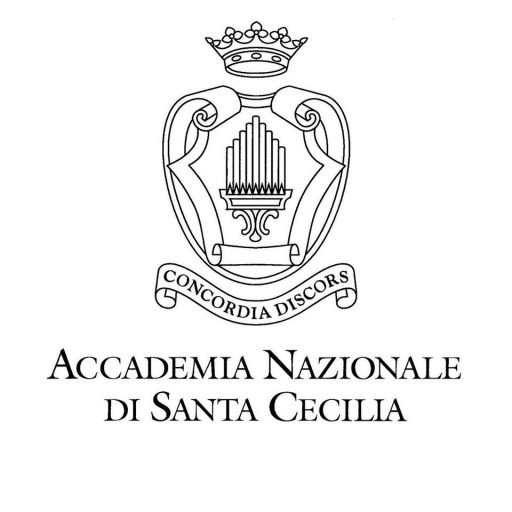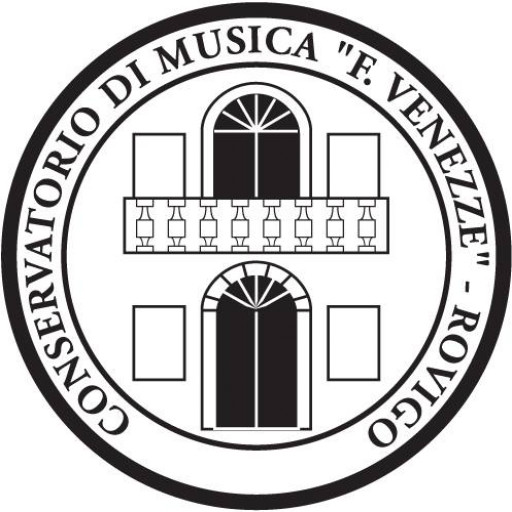Photos of university / #ouranu
The Bachelor of Music at the Australian National University offers students a comprehensive and immersive education in the art and science of music. Designed for passionate individuals seeking to develop their musical talents and expand their understanding of musical practices, this program combines rigorous academic study with practical performance experience. Students have the opportunity to explore a wide range of musical genres, from classical and jazz to contemporary and indigenous music, fostering a versatile and adaptable skill set essential for diverse careers in the music industry. The program emphasizes both individual creativity and collaborative projects, encouraging students to compose, perform, analyze, and critically evaluate musical works.
Throughout their studies, students engage with expert faculty members who are active instrumentalists, composers, and researchers in their fields. The curriculum includes advanced coursework in music theory, history, ethnomusicology, and music technology, providing a well-rounded foundation in both the theoretical and applied aspects of music. Practical training is a key component, with numerous opportunities for ensemble participation, solo performance, and studio recording. Students also have access to state-of-the-art facilities, including recording studios and music laboratories, enabling hands-on learning aligned with industry standards.
The Bachelor of Music program at ANU is uniquely positioned within the university’s vibrant arts community and benefits from collaborations with local and international cultural organizations. This environment encourages innovation, cross-disciplinary exploration, and the development of entrepreneurial skills necessary for successful careers in music, education, research, or arts administration. Graduates will be equipped not only with technical proficiency but also with critical thinking, cultural awareness, and the ability to communicate effectively through music. Whether pursuing advanced study or entering the dynamic world of music performance, composition, or production, students emerge from this program ready to make meaningful contributions to the cultural landscape.
The Bachelor of Music program at the Australian National University offers students a comprehensive and rigorous education in the field of music, designed to develop a deep understanding of both practical and theoretical aspects of the discipline. Throughout the program, students engage with a broad range of subjects including music performance, music theory, musicology, composition, and music technology, providing a well-rounded foundation for careers in various musical industries or further academic study. The program emphasizes individual artistic development through intensive performance training, enabling students to refine their instrumental, vocal, or conducting skills under the guidance of experienced faculty members who are active practitioners in their fields.
In addition to performance, students explore the historical and cultural contexts of music through detailed musicology courses, enriching their understanding of diverse musical traditions and eras. Composition subjects foster creativity and technical skill, encouraging students to produce original works across different styles and formats. The integration of music technology courses introduces students to the latest tools and techniques used in modern music production, recording, and sound design, preparing them for careers in media, broadcasting, and entertainment industries.
The program also offers opportunities for research and academic inquiry, culminating in a final project or dissertation that demonstrates students' analytical and creative capabilities. Collaboration is a key aspect of the curriculum, with ensemble work, group projects, and industry placements providing practical experience and professional networking opportunities. The ANU's strong links with the music industry and cultural institutions allow students to access internships, workshops, and performances, further enhancing their employability after graduation. With a flexible structure, the program allows students to tailor their studies according to their interests and career aspirations, whether in performance, composition, musicology, or technology. Graduates of the Bachelor of Music at ANU leave with a comprehensive skill set, artistic confidence, and a broad understanding of music as an academic and cultural discipline, ready to contribute to the vibrant world of music and the arts.
A bachelor of Music at the Australian National University requires students to complete a comprehensive program designed to develop advanced skills in performance, composition, musicology, and music theory. The program typically spans three years of full-time study and is structured to provide a balanced combination of core coursework, specialized electives, and practical experience. Students must undertake foundational courses in music theory, harmony, andural analysis, as well as performance seminars and recitals to hone their instrumental or vocal skills. The program emphasizes both solo and ensemble performance, encouraging collaboration and adaptability across various musical styles and genres. In addition to practical coursework, students are expected to engage in academic research and write essays or research projects related to music history, ethnomusicology, or contemporary music practices. The program also offers opportunities for internships and industry engagement, allowing students to gain real-world experience in performance venues, recording studios, or arts organizations. To graduate with a Bachelor of Music, students are usually required to pass a series of assessments, including practical exams, written assignments, and a final recital or portfolio presentation. The curriculum is designed to provide a thorough understanding of music's cultural and historical contexts while fostering professional skills necessary for careers in performance, teaching, composition, arts administration, or further academic study. Elective courses allow students to explore areas such as jazz studies, electronic music, music technology, or world music, enabling a customized learning experience aligned with their interests and career goals. Students must also participate in regular ensemble rehearsals and performances as part of their practical training. The program encourages critical thinking, creativity, and lifelong learning, preparing graduates to contribute meaningfully to the vibrant musical community locally and globally.
The Australian National University offers a range of financing options for students pursuing a music degree program. Tuition fees vary depending on the level of study and the residency status of the student. For domestic students, the annual tuition fee for undergraduate music programs typically ranges from AUD 10,000 to AUD 14,000, while international students can expect fees between AUD 35,000 and AUD 45,000 per year. These fees cover access to state-of-the-art facilities, academic resources, and extensive performance opportunities provided by the university.
Students are encouraged to explore scholarships and bursaries that support academic achievement, talent, and financial need. The ANU College of Arts and Social Sciences offers several scholarships for music students, including the ANU Undergraduate Scholarship, which provides partial tuition fee waivers, and specific scholarships aimed at talented musicians. Additionally, students can seek external funding sources such as government grants, private sponsorships, and industry partnerships that may provide financial assistance.
International students also have access to the Australian Government's RAM (Regionally Accredited Module) funding options and can apply for scholarships through the Australia Awards program. Loan schemes such as the HECS-HELP (Higher Education Loan Program) are available for eligible domestic students, allowing them to defer part of their tuition fees and repay through the tax system after graduation.
Apart from tuition fees, students should consider additional costs related to the program, including instrument purchase or rental, recital expenses, and participation in masterclasses or workshops, which may incur fees or require financial planning. The university also offers financial guidance and counseling services to assist students in managing their finances effectively throughout their studies.
Overall, financing a music degree at ANU involves a combination of tuition fees, scholarships, government loans, and personal savings. Prospective students are encouraged to thoroughly research available funding options, apply early for scholarships, and seek personalized financial advice from the university's student services to ensure a smooth and financially sustainable academic journey.
The Bachelor of Music at the Australian National University (ANU) offers students a comprehensive education in music, combining practical performance training with rigorous academic study. The program is designed to develop students' skills in music performance, composition, musicology, and ethnomusicology, providing a well-rounded understanding of both the theoretical and practical aspects of music. Students have access to state-of-the-art facilities, including specialized practice rooms, recording studios, and performance venues, which enable them to refine their technical abilities and gain real-world experience. The curriculum includes modules in music history, theory, technology, and analysis, alongside performance and composition workshops.
The program emphasizes individual development, encouraging students to explore diverse musical genres and cultural contexts. Students can participate in ensembles, orchestras, and recital performances, which are integral to their training and growth as musicians. The ANU's vibrant academic community fosters collaboration with faculty members who are active researchers and performers, offering mentorship and opportunities for advanced projects. Additionally, the program provides avenues for internships and engagement with the broader music industry, including opportunities for concert organization, recording, and arts management.
Graduates of the Bachelor of Music program are equipped with the skills necessary for careers in performance, composition, music education, arts administration, and cultural sectors. The program's flexibility allows students to tailor their studies according to their interests, with pathways into postgraduate study and research. Overall, the ANU Bachelor of Music aims to cultivate innovative, skilled, and culturally aware musicians prepared to contribute to the dynamic musical landscape locally and internationally.









